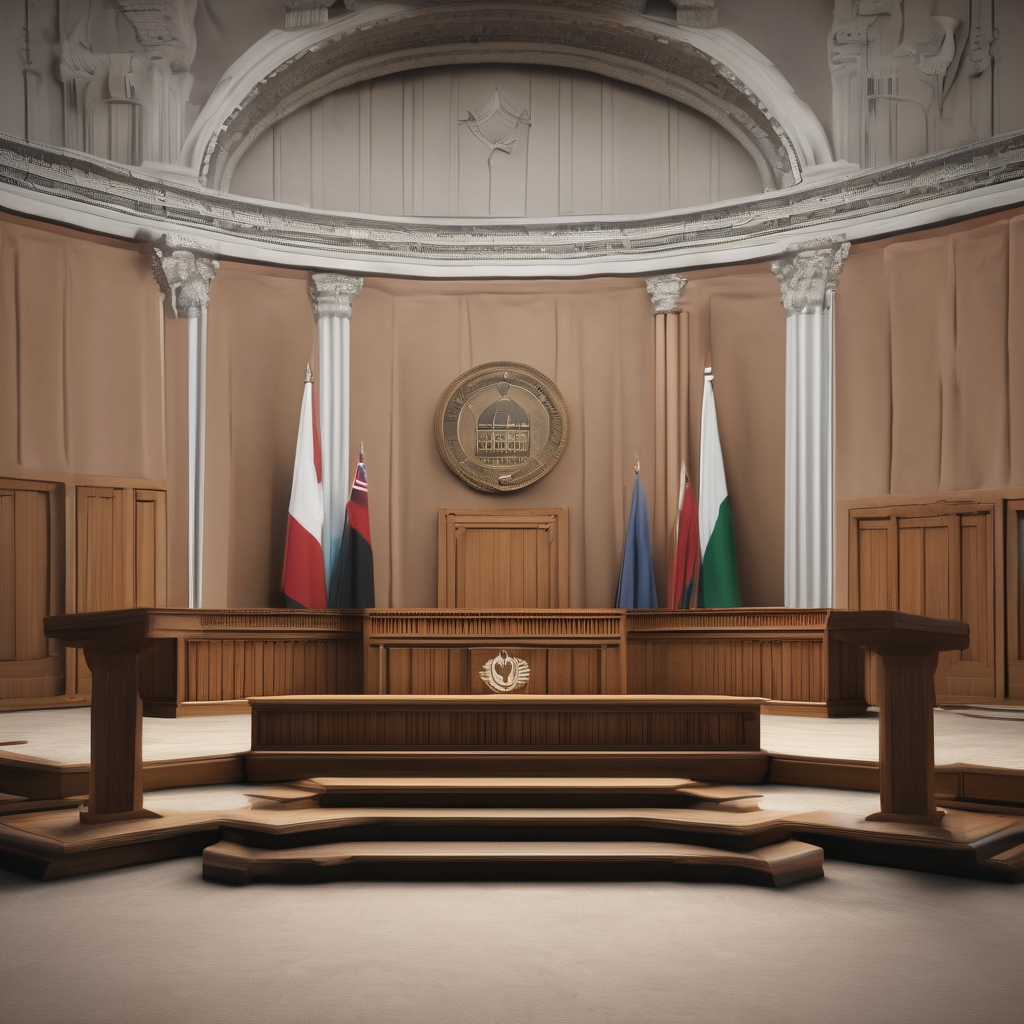Pauline Hanson, the far-right leader of Australia’s One Nation party, has ignited controversy by wearing a burqa in parliament as part of her ongoing campaign to ban the traditional Muslim garment in public. The incident occurred on Monday after Hanson’s attempt to present a Senate bill seeking to prohibit the garment and other face coverings was blocked.
The stunt immediately provoked strong backlash from fellow lawmakers, with accusations of racism and Islamophobia directed at Hanson. As she entered the Senate wearing the burqa, proceedings were suspended when she refused to remove it. Australian Greens Senator Mehreen Faruqi, the first Muslim woman elected to the Senate, stated, “A dress code might be a choice of the senators, but racism should not be the choice of the Senate,” condemning Hanson’s actions as overtly racist.
Independent Senator Fatima Payman, who is also Muslim, described the stunt as “disgraceful,” emphasizing that it disrespected Muslim Australians. Penny Wong, the leader of the centre-left Labour government in the Senate, labeled the behavior as unworthy of a senator and subsequently moved to suspend Hanson from proceedings.
This is not the first time Hanson has donned a burqa in parliament; she similarly wore the garment in 2017 to support her long-standing push against its public display. Throughout her political career, which began in the 1990s, Hanson has been known for her staunch opposition to immigration, particularly from Asia, and her views on asylum seekers.
Following the backlash, Hanson issued a statement on Facebook, arguing that her actions were intended to protest the Senate’s dismissal of her proposed bill. She characterized the burqa as an “oppressive” garment and claimed to be drawing attention to the perceived mistreatment of women and national security concerns.
As Hanson’s One Nation party sees rising support, having recently increased its Senate representation following the May general election, her controversial tactics continue to fuel debates around immigration and cultural policies in Australia. The situation reflects ongoing tensions regarding multiculturalism and the values of inclusivity and diversity within the nation.
